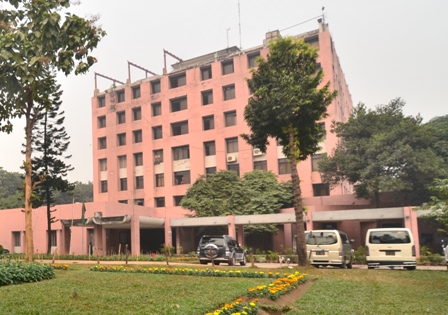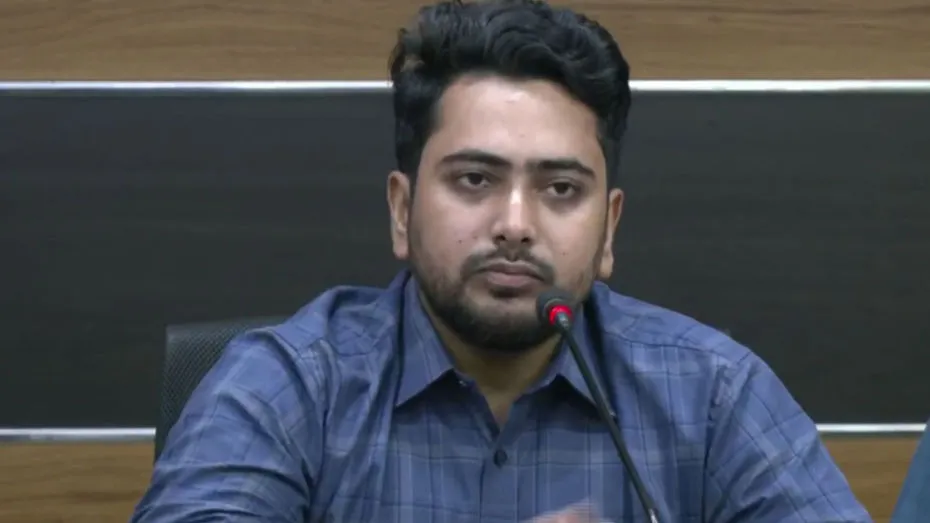department of primary education

department of primary education
basically department of primary education Under the Ministry of Primary and Mass Education (MOPME), the government entity Department of Primary Education (DPE) in Bangladesh is Its major goal is to supervise and guarantee the expansion of basic education all throughout the nation, including the application of policies and initiatives aiming at raising the quality of education for children in grades 1 through 5.
1. DPE’s key responsibilities and functions include: Curriculum Development
- The DPE is in charge of developing and editing the national primary school curriculum to guarantee it satisfies however the needs of younger students for learning. Along with physical and social development, the curricula center on fundamental literacy and numeracy.
2. Teacher Preparation
- By planning professional development courses for elementary school teachers, the DPE significantly helps to raise the caliber of instruction. These initiatives seeks to improve teachers’ knowledge of child development and pedagogical ability.
3. School Evaluation and Monitoring:
- The department keeps an eye on primary school performance throughout Bangladesh, including student performance and method of instruction efficacy. It guarantees that institutions offer a suitable learning environment and follow national education policies.
- The DPE strives to make primary education available to every child—including girls, children from underprivileged backgrounds, and children with disabilities—including children from marginalized groups, Designed to increase enrollment rates and lower dropout rates, special programs
5. Educational Resources Distribution:
- Production and distribution of textbooks, teaching tools, and other instructional resources to educational institutions is under the department.
6. Government Policy Implementation
- Implementing government programs and projects connected to elementary education falls to the DPE. This covers making sure resources are allocated correctly, helping school infrastructure improvements to be carried out, and supervising different instructional changes.
7. coordination with other entities
- To raise elementary education in Bangladesh, the department collaboratively addresses local government entities, non-governmental organizations (NGOs), and international partners. soIt arranges initiatives toward universal elementary education.
- Significant progress has been achieved at lowering dropout rates in elementary schools and raising enrollment.
The National Curriculum and Textbook Board (NCTB) has raised the calibre and consistency of educational resources.
Positive outcomes have come from initiatives to include children with impairments into the mainstream educational system and advance girls’ education. - Notwithstanding advances, problems including poor infrastructure, packed classrooms, and a dearth of competent teachers still abound.
She said: – More efficient monitoring and assessment mechanisms are needed to guarantee high standards of quality education at every institution.
For – For some youngsters, particularly in rural and distant locations, poverty and sociopolitical constraints still restrict access to education.
Future Directions:
The Department of Primary Education keeps emphasizing on reaching the Sustainable Development Goal (SDG) 4, therefore guaranteeing inclusive and fair quality education for all. Future initiatives seek to raise teacher preparation, include technology into classrooms, and change the general primary school learning environment.
Ultimately, despite many obstacles, the DPE is fundamental in determining Bangladesh’s future since it gives children all around quality primary education. The advancement of the country depends much on its dedication to reform and development of education.




3 thoughts on “department of primary education”
Comments are closed.